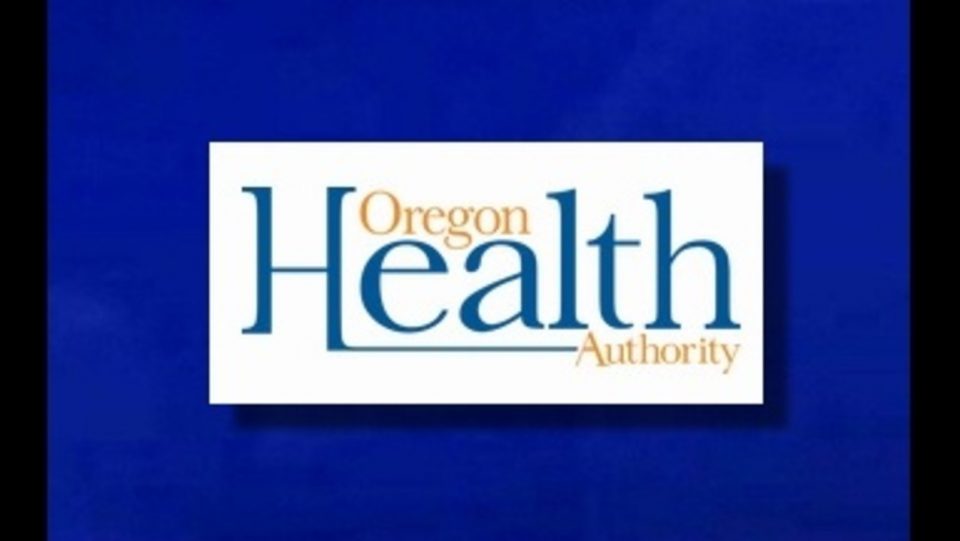Risks, harm-reduction strategies, recognizing and responding to overdose, and Oregon’s good Samaritan law to be focus of five-week online promotion
PORTLAND, Ore. — Oregon Health Authority (OHA) today kicked off a social media campaign spotlighting the public health harms caused by fentanyl, and how people can prevent the deadly overdoses that devastate communities around the state.
The campaign, called Fentanyl Aware, will run for five weeks, with posts in English and Spanish. Fentanyl Aware will focus on teaching people about fentanyl risks, harm reduction strategies, recognizing and responding to an overdose, and Oregon’s good Samaritan law, which provides legal protections for individuals and the people they’re helping during a drug overdose.
The Fentanyl Aware campaign begins with a series of social media messages with facts about fentanyl – “What it is, where it can be found and why you need to be aware,” according to the first post. It then moves into messages about the opioid overdose reversal medication naloxone, including how it’s given, how it works and where to can get it, followed by posts about Oregon’s good Samaritan law.
The campaign wraps up with posts warning about risks of mixing drugs with other substances, relying on fentanyl tests and using drugs alone.
OHA’s statewide campaign borrows from a social media campaign that Lane County Public Health created in 2023 with support from OHA funds. The county also shared its campaign materials with local public health partners to adapt and share – Clatsop, Columbia and Tillamook counties collaborated to launch the Fentanyl Aware Northwest campaign through this partnership.
Just today, Multnomah County launched its own fentanyl awareness campaign, called Expect Fentanyl, focused on Portland-area youth ages 13-20.
The statewide Fentanyl Aware campaign launches on National Fentanyl Awareness Day, a day of observance that recognizes those who have lost loved ones to the overdose crisis and raises awareness of the lethal danger of illegally made fentanyl (IMF).
Cara Biddlecom, OHA’s interim public health director, said Fentanyl Aware contains youth-informed messaging, but it is intended for general audiences.
“We want everyone to see these important messages because anyone can be affected by fentanyl – teens and young adults, older Oregonians, even young children,” Biddlecom said. “These messages won’t end the fentanyl crisis, but they could help equip people with information that could help them save a life, whether it’s someone else’s or their own.”
Fentanyl is now showing up in a wide variety of drugs on the illicit market, including counterfeit pills made to look like common prescription painkillers or anti-anxiety medications. These may contain enough fentanyl in a single pill to cause an overdose.
According to OHA data, the number of people in Oregon dying from unintentional and undetermined overdoses continues to increase at an alarming pace, from 1,083 people in 2021 to 1,289 people in 2022. Fentanyl has surpassed methamphetamine as the most common substance identified as the cause of death in unintentional and undetermined drug overdoses.
In Oregon, the number of individuals who experienced an unintentional/undetermined fentanyl overdose death between 2020 and 2022 more than tripled (for all ages). And those at higher risk for unintentionally dying from a drug overdose continued to include non-Hispanic American Indians and Alaska Natives, non-Hispanic Black/African Americans, and males, though patterns of use across communities is similar. These inequities are avoidable and point to structural racism in the health system and the need for long-term policy change.
Nasal naloxone is now available over the counter, without a prescription. It can be purchased at many retail pharmacies in Oregon, and it costs about $45 for two doses. Most insurance companies cover the medication but may charge a co-pay. Oregon Health Plan (OHP) members can get naloxone at no cost at most pharmacies. Those who use drugs can get medication for overdose reversal and other harm reduction materials such as fentanyl test strips at no cost through syringe service programs. Syringe services are available to everyone that uses drugs, regardless of whether they’re injected. Visit OHA’s Opioid Overdose Reversal Medications webpage for a list of syringe and needle exchange services available in Oregon.
If you or someone you care about is struggling with substance use, please reach out for help. Speak with a health care provider or visit OHA’s Fentanyl Facts webpage for support and treatment resources. You are not alone.
###









